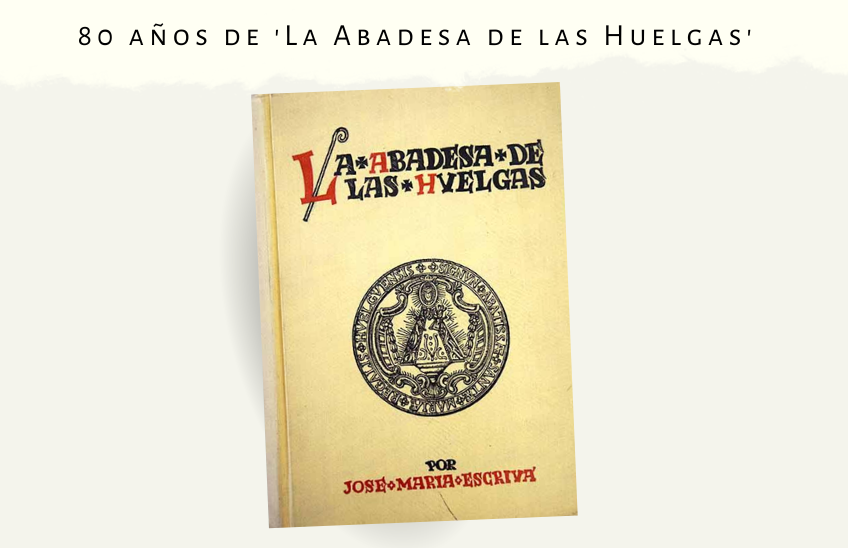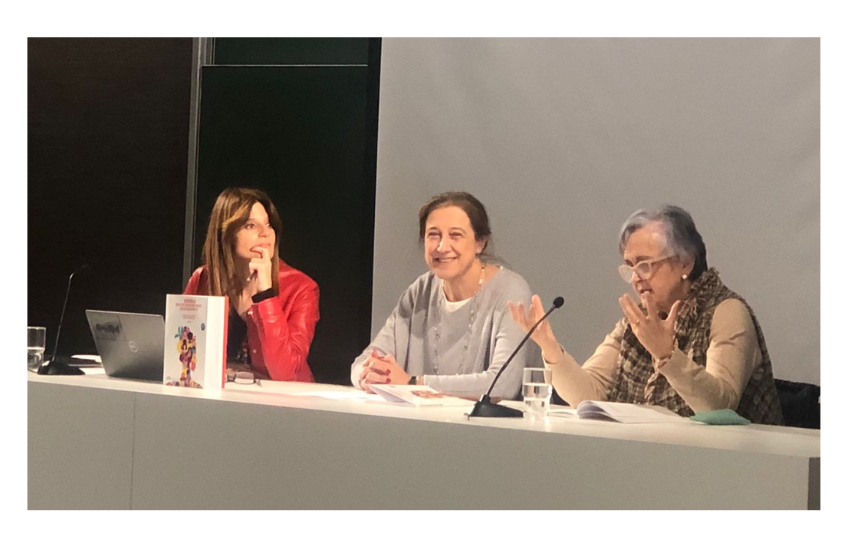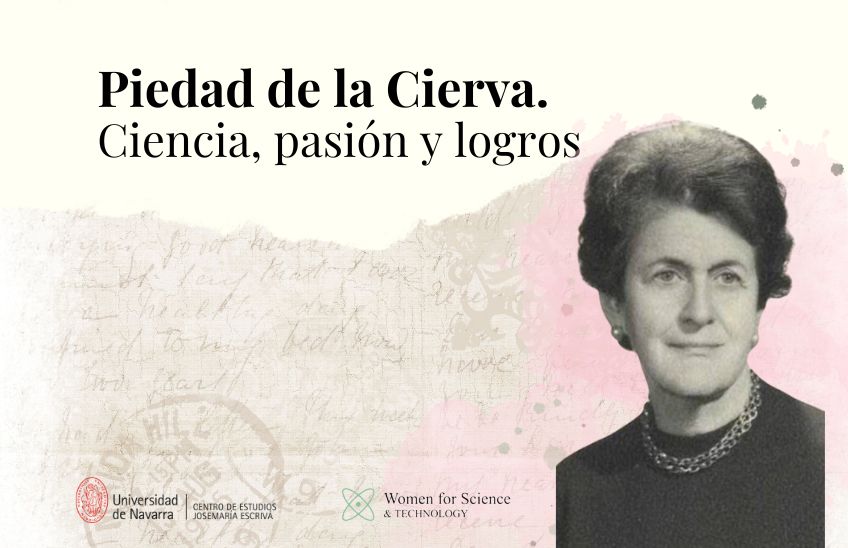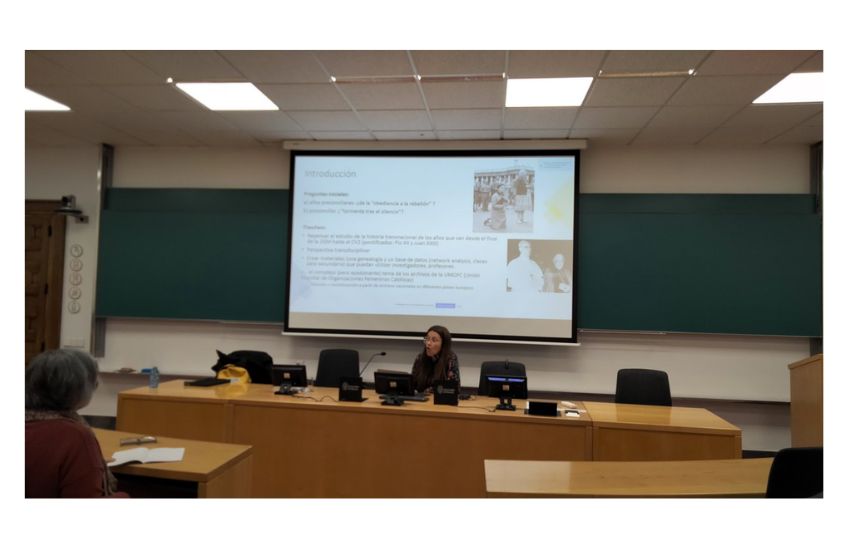Noticia_ "Tajamar, a center educational in the heart of Vallecas".
Tajamar, a center educational in the heart of Vallecas
It has been a little over a year since a group of people undertook a project of research to explore the history of high school Tajamar, located in the neighborhood of Vallecas (Madrid). In this interview, historian Julio Montero explains the goal of the research and details how the course of work is going.
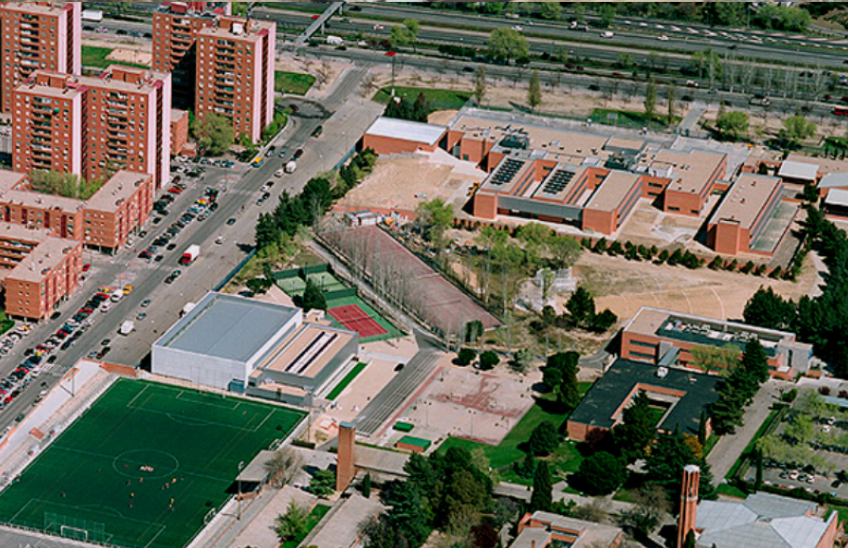
Fototajamar.es/high school Tajamar
22 | 04 | 2024
In the heart of the neighborhood of Vallecas is the high school Tajamar. It was founded in 1958 at the express wish of the founder of Opus Dei. Since then, much more than a center educational, this high school has provided solutions to all kinds of needs subject, in a neighborhood where poverty abounded but opportunities to get ahead were scarce. Tajamar emerged as a space to offer Education and Christian values. Its history and that of the neighborhood went hand in hand thanks to those who saw Education as the path to a better future. For this reason, historian Julio Montero states in a article published in the journal Studia et Documenta, that "Tajamar is not an idea designed in a laboratory that was put on internship as an experiment in social engineering by a group of well-meaning people".
Interviewed by the Center of programs of study Josemaría Escrivá, Julio Montero explains the ongoing research on high school Tajamar. Montero is Full Professor of the Complutense University and the International University of La Rioja.
What was the initial motivation to undertake a historical research on high school Tajamar?
The project educational Tajamar was launched in the years 1957-1958 by a group of people of Opus Dei with the purpose to provide Education of quality, both academic and professional, in response to the needs of the population of the neighborhood of Vallecas, in Madrid.
At that time, Spain was experiencing a massive migration from rural areas to the cities, which generated a growing demand for educational services. Tajamar emerged as a concrete response to this need in a context where illiteracy was still a significant problem, especially in urban areas of recent immigration. Tajamar represented an opportunity to provide Education to students and their families.
Therefore, researching the origins and evolution of Tajamar allows us to understand not only the history of high school itself, but also the educational and social panorama of the time in Spain.
What is the project of telling your story? What is the main goal ?
Our goal is to highlight the uniqueness and relevance of this educational initiative. The approaching centenary of Opus Dei gives us an opportunity to make known the history of high school, which was one of the first corporate social works of character educational launched by some members of the Work.
The team is interested in providing a well-documented historical account that highlights the innovative characteristics and significant impact that Tajamar has had on the Vallecas community. This narrative is not intended to be a conventional account of a school educational, but rather an account of how Tajamar has influenced the lives of its students, the neighborhood and Education in general.
You are a team of researchers, how was the organization process and management of the team along the project?
The team has organized several tasks. First, there is a group dedicated to organizing the file of the institution. Another group has immersed itself in the study of the legislative, socioeconomic, educational and cultural context in which Tajamar developed, which will provide a solid framework to understand its evolution over time and its contributions to the history of Education.
On the other hand, we have a plan to interview about 100 people related to the institution, from former directors and teachers to parents of alumni and the alumni themselves. We have tried to choose interviewees of different ages and historical periods to ensure a comprehensive perspective. In addition, we will soon be launching an online questionnaire directed to alumni in the hope of gaining valuable information. We are also gathering information on alumni career paths, which will provide a complete picture of the impact of Tajamar's Education on their lives.
That is to say, we are currently in the phase of gathering a large amount of information that will allow us to approach a historical project that we hope can be a complete social history of the institution.
What challenges have you encountered during the process of research?
The main challenge has been the consolidation of the research team. Gathering collaborators willing to dedicate time and effort on a consistent basis has been a task core topic. The core team, composed of two former Tajamar managers, two alumni and an external partner expert at Education, meets monthly to set goals and review progress.
We are currently almost 20 people involved in project. Each one collaborates in one way or another. The core topic will continue to maintain clear and effective communication between everyone to ensure that the project moves forward.
When do you want to have the publication ready?
The book is scheduled for publication on October 2, 1928, the centenary of the founding of Opus Dei, at goal . We are working to have the text ready by the end of 2027. After that, the editing and production stage of the book will follow.


